- 38 Posts
- 6 Comments

 6·4 months ago
6·4 months agoTrump had 4 years to seriously do it, but nothing happened. It’s just a footnote in his election campaign.

 122·4 months ago
122·4 months agoWhat would we use it for? There aren’t too many use cases imho.

 2·5 months ago
2·5 months agoThere is much evidence about this and a strong body of research. As researcher in the Journal of Democracy write, for example:
China’s Threat to Global Democracy (here is the [archived link](China’s Threat to Global Democracy))
China’s economy is slowing, and the regime is coming under greater domestic pressure—witness the large-scale protests that broke out against Xi’s covid-zero policy in multiple cities and on dozens of university campuses in late 2022. Beijing is encountering growing international criticism and resistance on other fronts as well. Around the world, negative views of China have surged to highs not seen since the 1989 Tiananmen Square Massacre […]
China’s rulers also have long understood what political scientists have proven empirically: Autocracies often fall in waves, as revolutionary activity in one country inspires popular uprisings in others […]
The CCP has responded with stepped-up repression over the past decade—jailing dissidents, mobilizing security forces, censoring information, and preempting popular unrest. Yet China is now strong enough that it can do more than just hunker down in the face of foreign pressure. Xi believes that the CCP’s domestic power will be enhanced if authoritarianism is prevalent and democracies are dysfunctional—fellow despots will not punish China for rights abuses, and the Chinese people will not want to emulate the chaos of liberal systems. He thinks that preventing revolts against authoritarianism in other countries will lower the odds of such a revolt erupting in China. And he believes that silencing critics abroad will limit the challenges facing the CCP within China. Xi sees rolling back democracy overseas as part of his plan to secure his regime at home […]
Beijing spends billions of dollars annually on an “antidemocratic toolkit” of nongovernmental organizations, media outlets, diplomats, advisors, hackers, and bribes all designed to prop up autocrats and sow discord in democracies. The CCP provides fellow autocracies with guns, money, and protection from UN censure while slapping foreign human-rights advocates with sanctions. Chinese officials offer their authoritarian brethren riot-control gear and advice on building a surveillance state; PRC trade, investment, and loans allow those dictators to avoid Western conditionality regarding anticorruption or good governance.
Beijing uses its globe-spanning media organs to tout the accomplishments of illiberal rule while highlighting democratic governments’ flaws and hypocrisies. China works with fellow authoritarian regimes, such as Vladimir Putin’s in Russia, to push autocrat-friendly norms of internet management in international institutions and standards-setting bodies.
These are some quotes, but whole article makes an interesting read.

 2·5 months ago
2·5 months agoThis is not ‘only’ about trade or dominance in a particular market such as EVs or solar panels. China aims to leverage market dominance for political influence. The Chinese government wants to export not just products but its autocratic system.

 3·5 months ago
3·5 months agoIs anyone surprised?

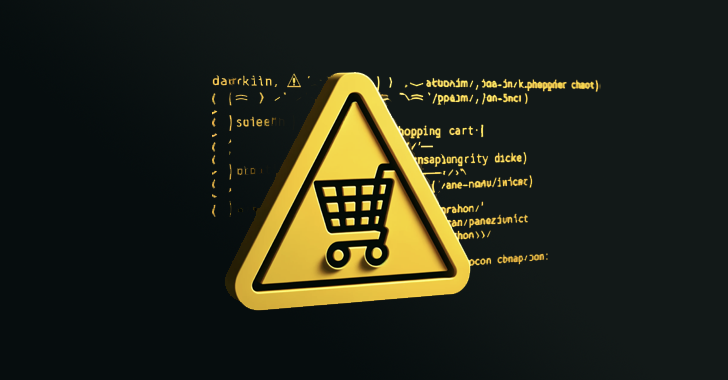

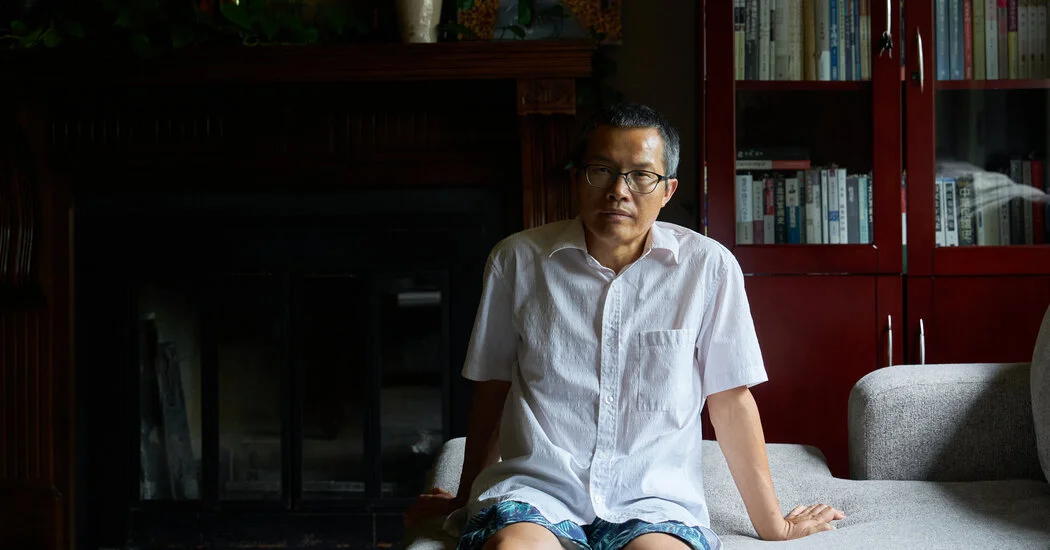
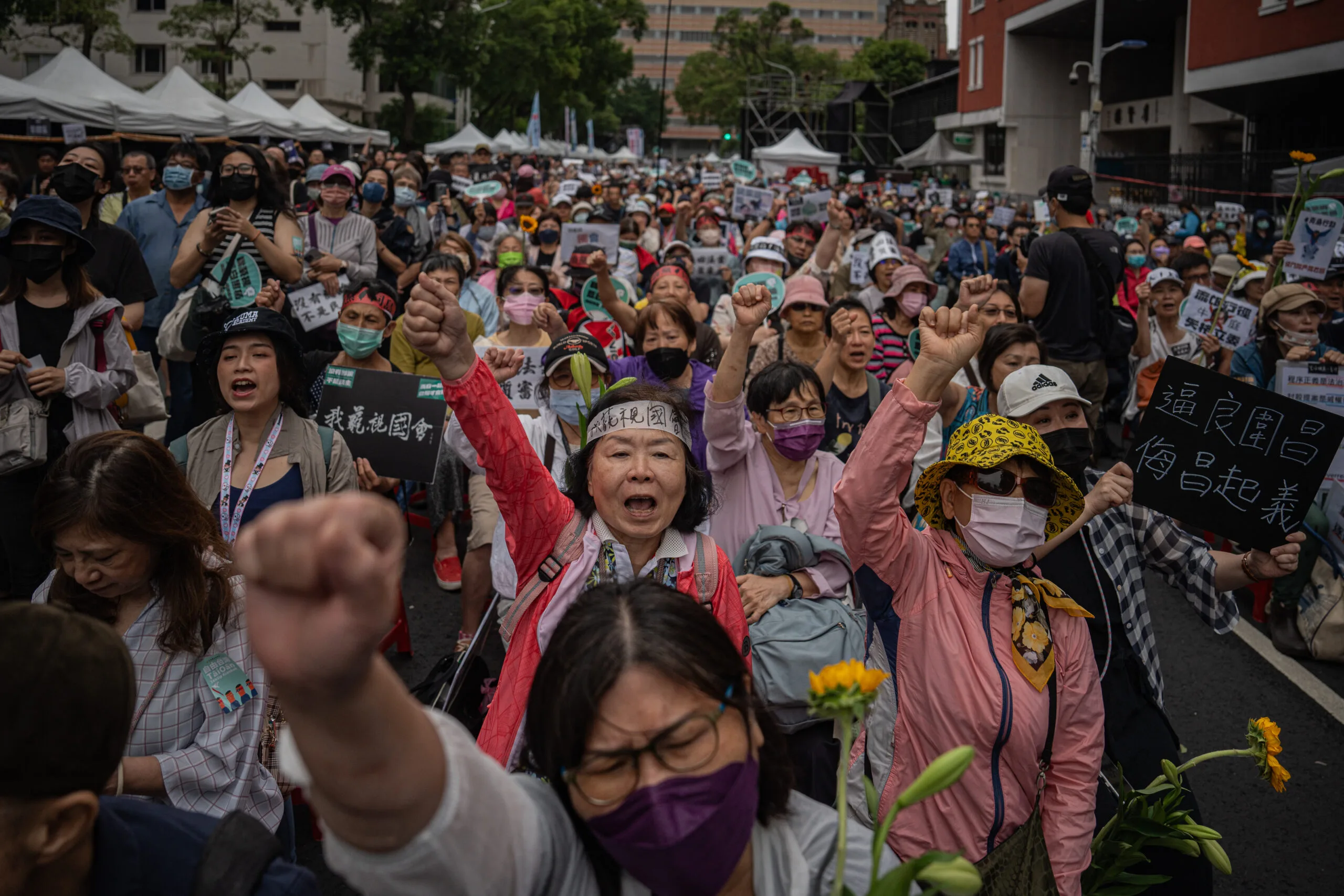
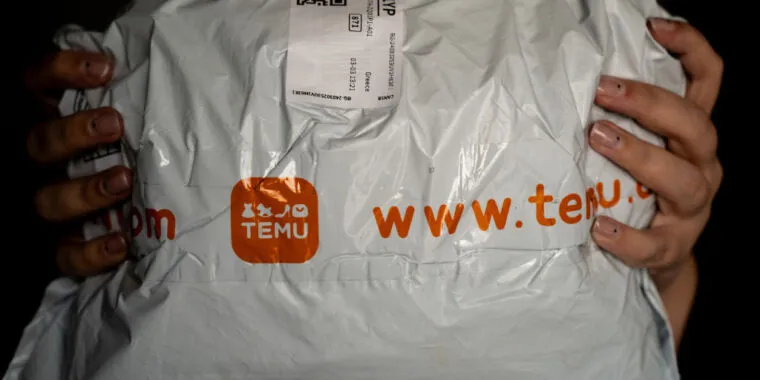
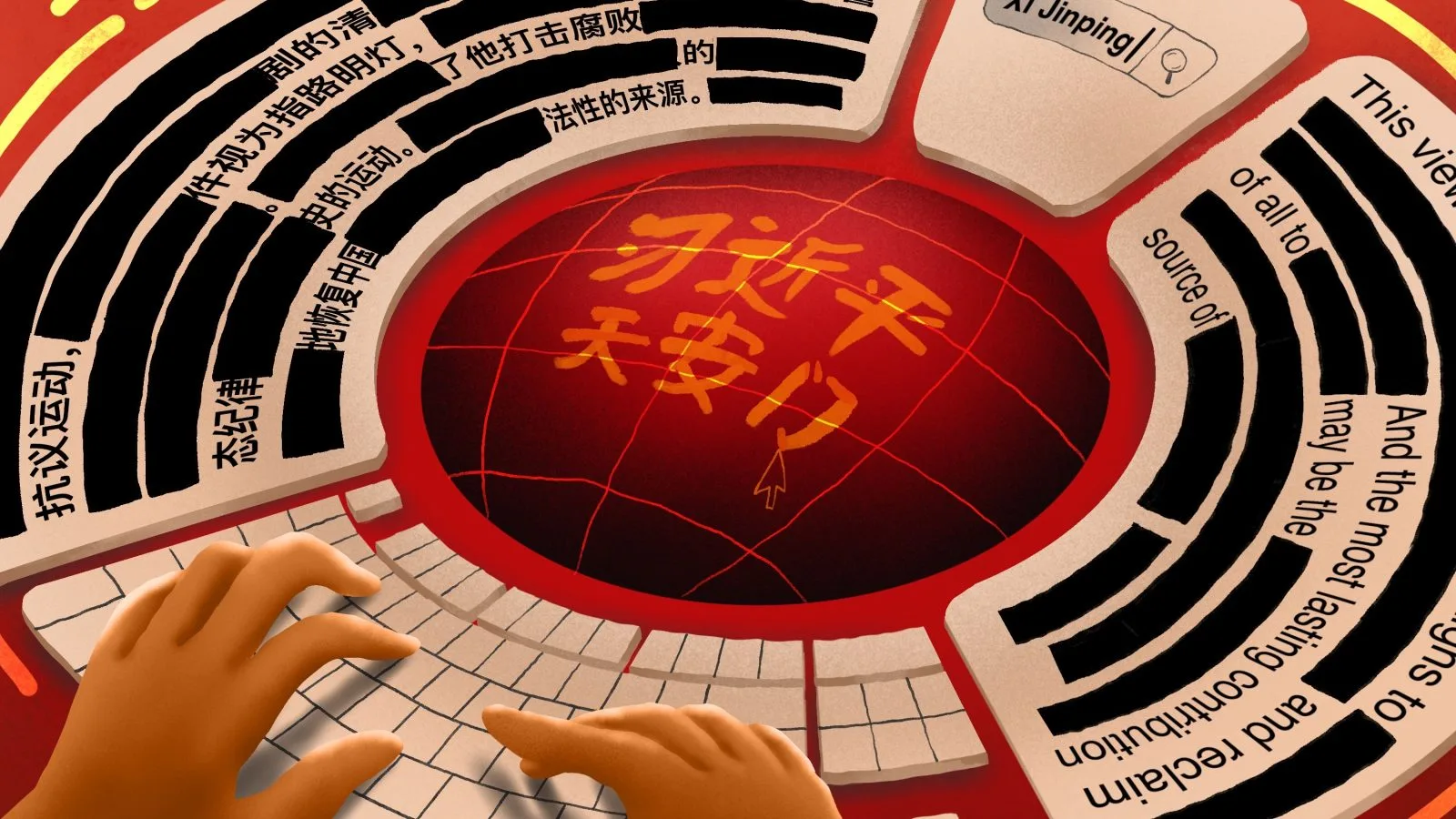

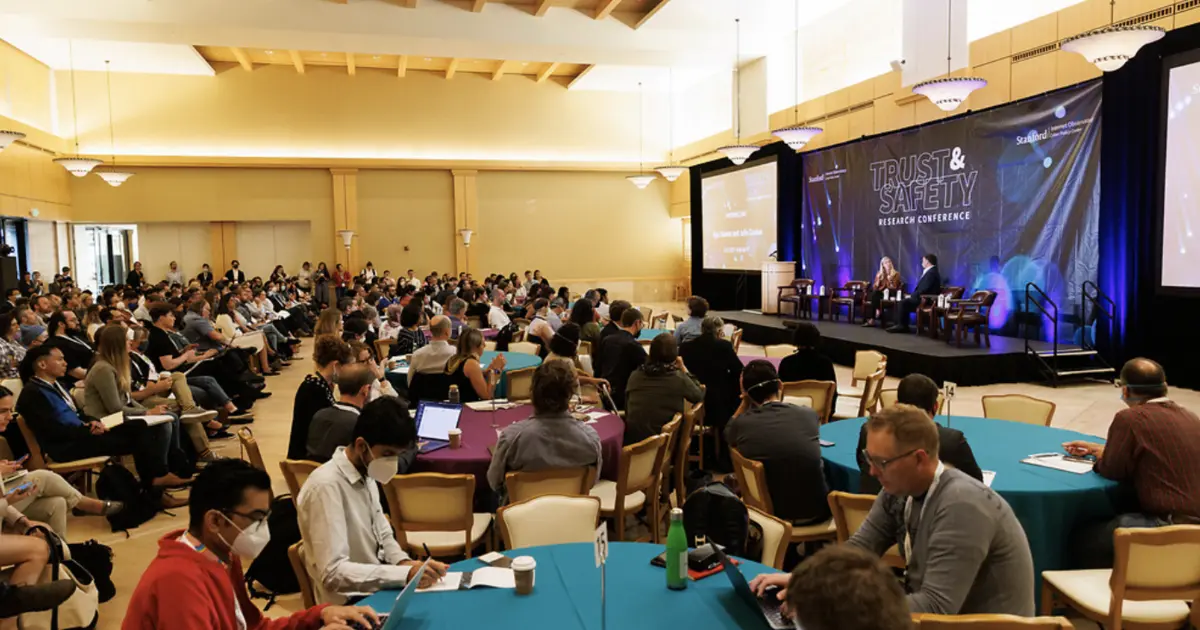

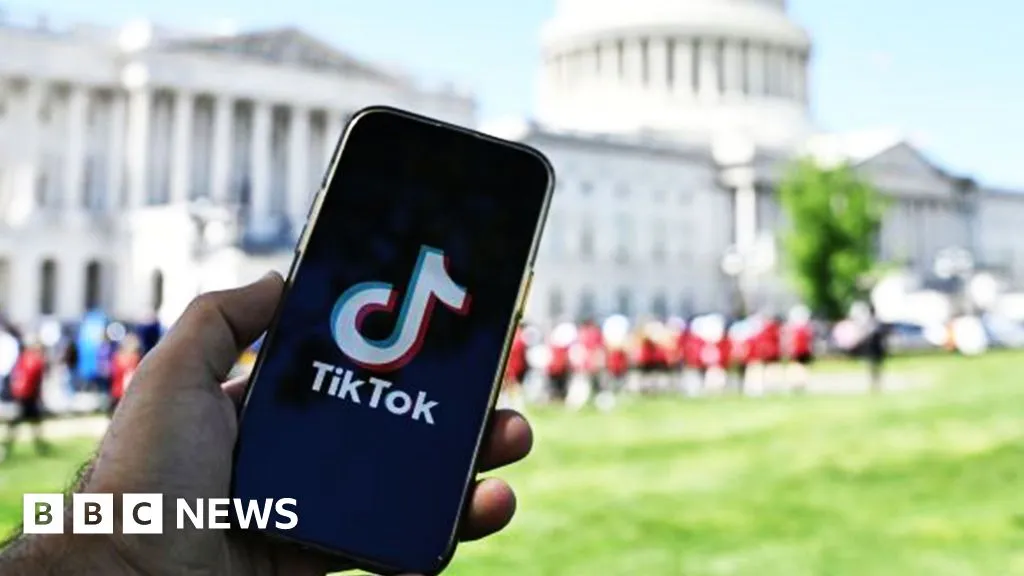




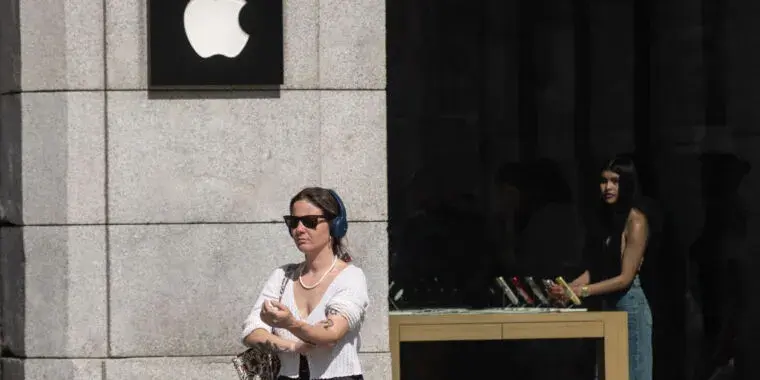
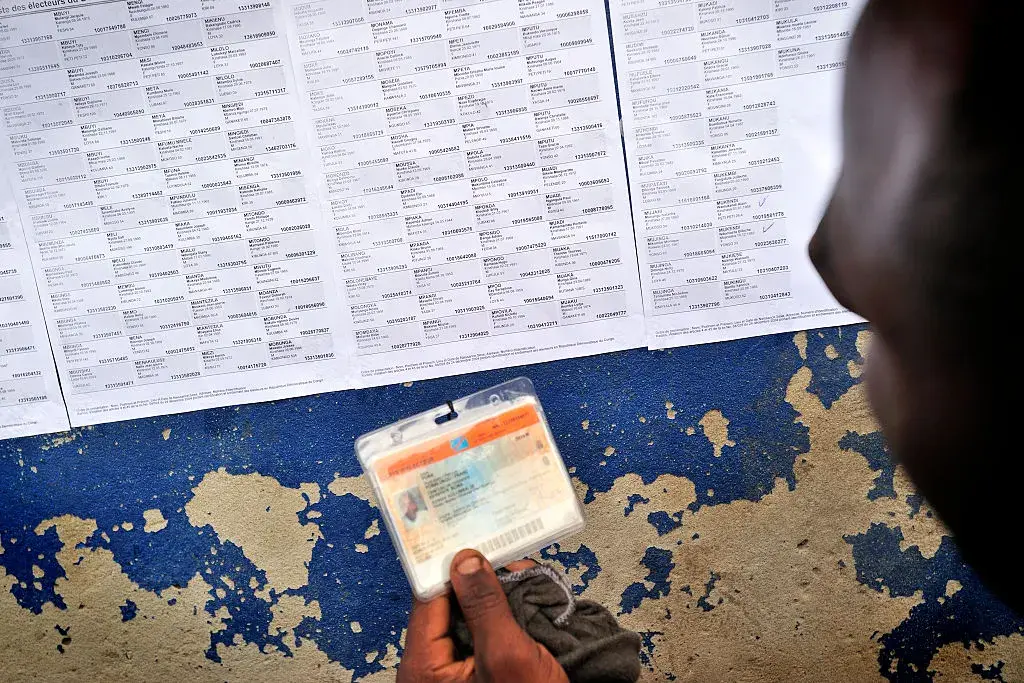

Competition aka market economy only works if every player respects the same rules. It’s obvious that this isn’t the case here. TikTok -the ‘Western’ version of ByteDance’s product- isn’t allowed even in China as you will know. So why does TikTok complain if it gets banned in the West, while it seems fine to be banned in China? Isn’t that a double standard?
Also, if we’re talking about competition, then this doesn’t work in a centrally planned economy like China’s. The competition argument coming from a Chinese perspective isn’t valid, as it is the Chinese government itself which rejects exactly this very competition for itself.